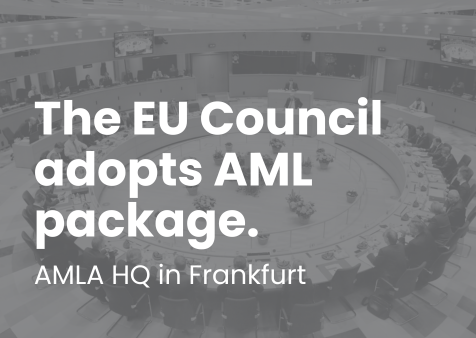Partial compensation of the 2013 haircut on Cyprus banks’ deposits
The Ministry of Finance of the Republic of Cyprus released a reminder announcement on 8 April 2024 regarding the launch of the electronic service “Participation in the Replenishment Scheme of National Solidarity Fund”. This scheme has been prepared in collaboration with the Deputy Ministry of Research with the purpose of partially contributing to the replenishment of losses that natural and legal persons incurred during the Cyprus bank haircuts of 2013.
The application deadline is on 30 April 2024 and the following eligibility criteria apply.
Submission of an online application:
• Both natural persons and legal entities to have the characteristics of a “retail client” and whose deposits and securities were impaired in 2013.
• Natural persons: people be over the age of 18; persons representing a deceased person; to have a Cyprus identity card or Cyprus residence permit (ARC).
• Legal persons: include but not limited to Companies, Associations, Foundations, Religious Institutions, Partnerships.
Both registration and authentication are required on the Government Portal CY Login portal (former Ariadne), for natural persons with a Cyprus identity card or Cyprus residence permit (ARC) and for legal entities with a Cyprus registration number.
Additional details at submission will be requested for individuals who do not have a Cyprus identity card and are not Cyprus residents, as they will not be authenticated through the Government Internet Portal CY Login. The same applies to legal entities which do not have a registration number in Cyprus.
Furthermore, in respect of the information provided regarding the impairment, the following requirements apply depending on the bank:
• Bank of Cyprus: For impairment of deposits and securities at the Bank of Cyprus, it is requested to complete only any bank account number or Investor share code, without completing the amount that was impaired.
• Popular Bank: For impairment of deposits and securities at the Popular Bank, only information for amounts that were impaired should be provided.
In addition, as far as natural persons are concerned, in the case of a joint account or joint investor share code, each individual should make a separate application.
Following submission of the applications, the potential beneficiaries of the Fund will be assessed and identified, and subsequently, the costing will be processed, and the Partial Replenishment Scheme will be prepared. More details and instructions will be provided to the applicants at a later stage.
Our team is at your disposal for any support and guidance you might need regarding the Replenishment Scheme applications.
Official sources:
Announcement MoF Press Office 20.12.2023
&
Reminder for online submission of applications MoF Press Office 08.04.2024











